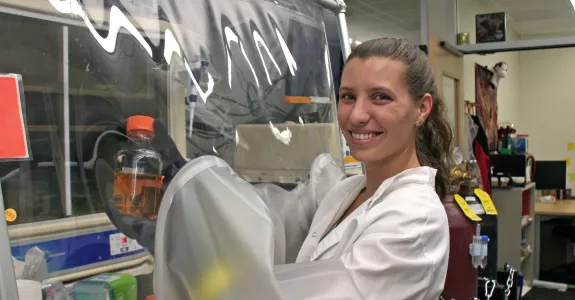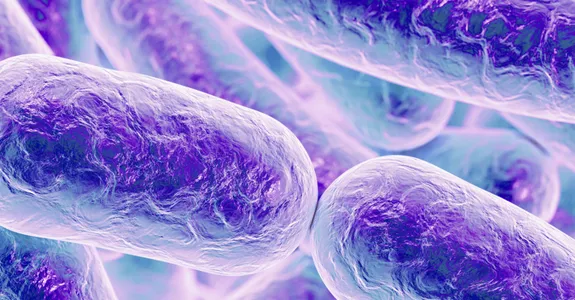
Dr. David A. Relman is the Thomas C. and Joan M. Merigan Professor in Medicine, and Professor of Microbiology & Immunology, and Senior Fellow at the Freeman Spogli Institute for International Studies at Stanford University. He is also Chief of Infectious Diseases at the Veterans Affairs Palo Alto Health Care System in Palo Alto, California. Relman was an early pioneer in the modern study of the human indigenous microbiota (microbiome). A landmark paper in 1999 and another in 2005 were among the first to describe the human oral and gut microbiota, respectively, with modern molecular methods. Most recently, his work has focused on human microbial community assembly, and community stability and resilience. Principles of disturbance and landscape ecology are tested in clinical studies of the human microbiome. Previous work included the development of methods for pathogen discovery, and the identification of several historically important and novel microbial disease agents. He has advised the U.S. Government on emerging infectious diseases, human-microbe interactions, and future biological threats. He is a member of the Intelligence Community Studies Board at the National Academies of Science, Engineering and Medicine, and served as Chair of the Boards of Scientific Counselors at the National Institute for Dental and Craniofacial Research, and at the National Center for Biotechnology Information, both at NIH, and as President of the Infectious Diseases Society of America (2012-2013). He is a Fellow of the American Academy of Microbiology, and a Member of the National Academy of Medicine.
Dr. Relman's primary research focus is the human indigenous microbiota (microbiome), and in particular, the nature and mechanisms of variation in patterns of microbial diversity within the human body as a function of time (microbial succession), space (biogeography within the host landscape), and in response to perturbation, e.g., antibiotics (community robustness and resilience). One of the goals of this work is to define the role of the human microbiome in health and disease. They are particularly interested in measuring and understanding resilience in the human microbial ecosystem. Their work includes the human oral cavity, gut, and female reproductive tract, as well as an analysis of microbial diversity in marine mammals. This research integrates theory and methods from ecology, population biology, environmental microbiology, genomics and clinical medicine.
During the past few decades, Dr. Relman's research directions have also included pathogen discovery and the development of new strategies for identifying previously-unrecognized microbial agents of disease. This work has included the use of host gene expression response patterns to recognize and understand early stages of systemic infection. Currently, they are examining genomic patterns of host response in dengue fever and in cases of undiagnosed febrile illness, for diagnostic and prognostic purposes, as well as to understand better disease mechanism.







